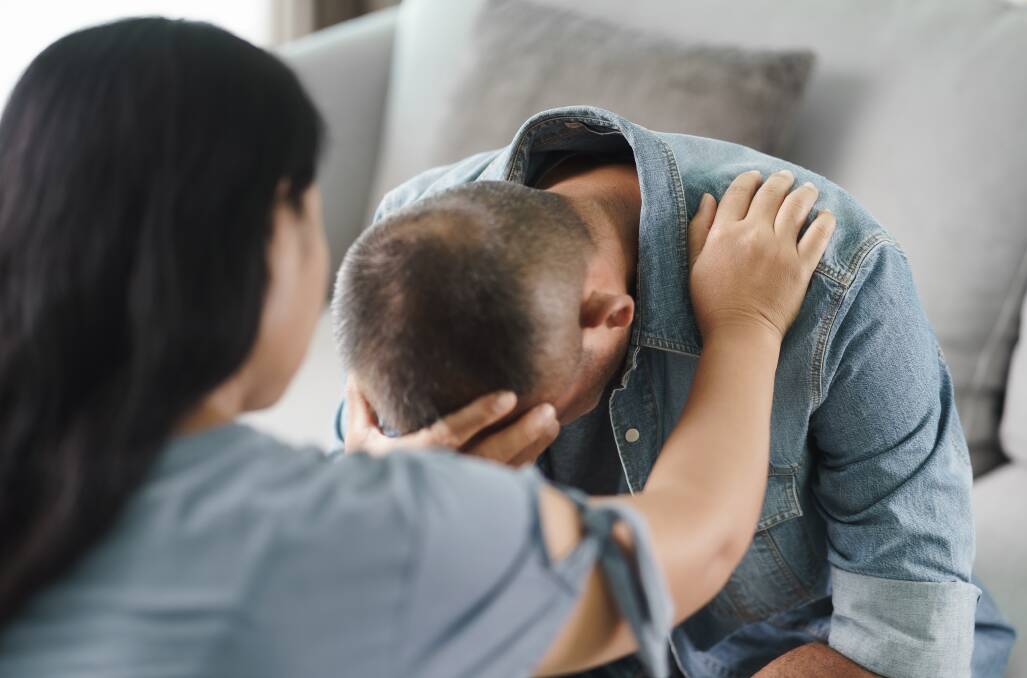Typical treatment of PTSD

This is branded content.
There are a range of treatment modalities for PTSD, using a combination of psychiatric medication and talking therapy. This treatment may include strategies to regain control of your life, improve your thinking and learn ways to cope with the symptoms of PTSD. It can also include ways to deal with the fallout of PTSD, such as alcohol or drug use.
Some examples of typical treatment include Cognitive Behavioural Therapy, Exposure Therapy, and Eye movement desensitisation and reprocessing (EMDR).
However, none of these therapies were designed or informed by the unique experience of first responders and, therefore, can be ineffective in helping them. One reason for this is that often, these treatments are used for people who have experienced a singular traumatic event. In contrast, first responders have often been repeatedly exposed to traumatic events on a daily basis, thereby compounding their PTSD experience.
New treatment standards
Thankfully, action has been taken to address this unique problem. The Black Dog Institute, a leading mental health research organisation, and UNSW Sydney have recently launched new, innovative treatment guidelines for the management of PTSD among emergency service workers in March of 2024. The guidelines were launched in the NSW state parliament by Emergency Management Minister Jihad Dib and Mental Health Minister Rose Jackson.
Developed in accordance with and based on real-world evidence, these new guidelines are the first and only PTSD treatment guidelines in the world developed with a critical focus on first responders.
The guidelines were developed by a panel of six of Australia's leading experts in PTSD. These professionals have expertise in psychiatry, clinical psychology, epidemiology, general practice and occupational medicine. The expert panel was assembled to develop the guidelines and used cutting-edge research methods to create them.
The guidelines include essential guidance on the diagnosis and assessment of PTSD in emergency service workers and also include how co-occurring mental health issues and other physical comorbidities should be considered when approaching diagnosis. They also shift the focus away from self-reporting assessment measures and instead focus emphasis on "detailed analysis of patients' experiential reports and objectively verified evidence".
Another key aspect of the guidelines is that they directly address the emotional numbing and detachment that emergency workers experiencing PTSD can present with, which can contribute to their poor functioning.
Treatment guidelines for treating PTSD in emergency services personnel
The guidelines give critical advice on how to treat first responders who have PTSD and recommend a specific line of therapy. The guidelines advise that trauma-focused cognitive behavioural therapy (TF-CBT), combined with prolonged exposure and EMDR, is the most effective form of therapy. However, the guidelines recommend caution depending on the first responder's presentation or comorbidities that might mean a delay in offering therapy until it is safe to do so.
The guidelines recommend between eight to twelve sessions of TF-CBT and considerations for medication prescription alongside the therapeutic approach. They recommend a Selective Serotonin Reuptake Inhibitor (SSRI), or antidepressant, to manage anxiety symptoms and advise on a slow titration to higher doses to manage these symptoms. In addition to this, benzodiazepines such as Valium are advised for short-term management of severe anxiety, but at a low dose and for no longer than four weeks.
Finally, a vital focus of the guidelines is "occupational recovery", or a return to work, from the very beginning of the treatment. Getting first responders back to work early and frequently is a critical part of recovery from PTSD, according to these innovative guidelines.
Disclaimer: If you or someone you know is in crisis and needs help now, call triple zero (000). You can also call Lifeline on 13 11 14 - 24 hours a day, 7 days a week.


